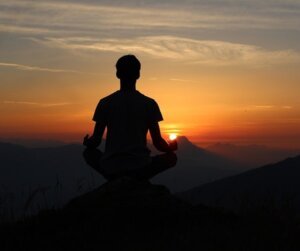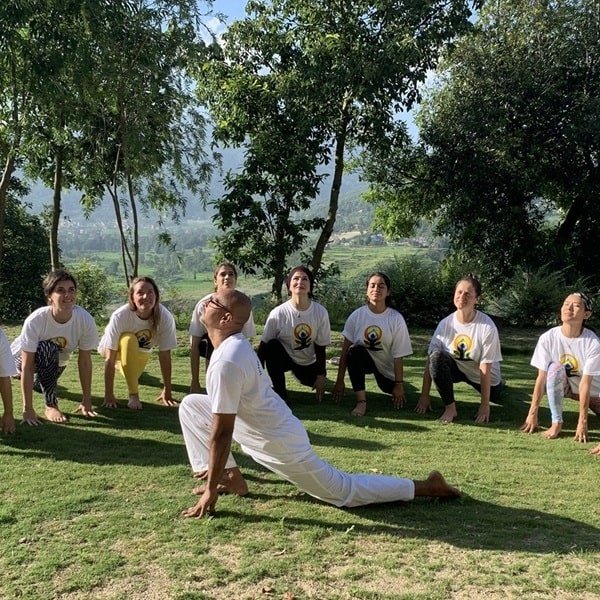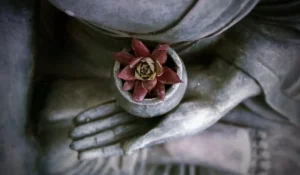8 Days Yogic Detox Package
Path to Spiritual Growth
Prepares the body and mind for advanced yogic practices and[Read More...]
Nutritious Vegetarian Cuisine
Savor fresh vegetarian meals throughout your stay, with vegan options[Read More...]
Expert Guidance
Expert Guidance for Your Yoga Journey: Achieving Wellness with Safety[Read More...]
Twice Daily Hatha Yoga
Participate in two Hatha Yoga sessions each day to strengthen[Read More...]
Shirodhara Therapy
Indulge in Shirodhara, a traditional treatment that calms the mind,[Read More...]
Holistic Wellness Treatments
Holistic wellness treatments are a powerful approach to achieving overall[Read More...]





